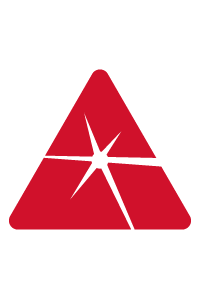Product Code: ICA10_1006
Distortion and Residual Stresses in Laser Beam Welded Shaft-Hub Joints
Authors:
Frank Buschenhenke, BIAS - Bremer Institut für angewandte Strahltechnik; Bremen Germany
Michael Hofmann, FRM II - Forschungsneutronenquelle Heinz Maier-Leibnitz; Garching Germany
Thomas Seefeld, BIAS - Bremer Institut fuer angewandte Strahltechnik GmbH; Bremen Germany
Frank Vollertsen, BIAS - Bremer Institut fuer angewandte Strahltechnik GmbH; Garching Germany
Presented at ICALEO 2010
In laser beam welding processes, a serious challenge is to control the distortion during the process. The understanding of the whole process chain in view of different distortion potentials introduced in each processing step provides the ability to control the distortion of the welded components. Every manufacturing step induces own residual stresses in the component which can be released by the heat of the welding process. While further residual stresses are introduced into the welded parts upon cooling. The laser beam sources of the new generation permit a high power welding process and high beam quality at the same time. These laser beams are capable of producing deep and narrow seams. Thus the thermal strains of the joined parts are minimized. Especially axial welded shaft-hub joints show an irregular distribution of the bending deformation, which is caused by the self-influencing welding gap. This work deals about the investigation of different laser beam sources and their effect on the welding distortion in axial welded shaft-hub joints made of steel (20MnCr5). The target of this work is a minimal distortion after the welding process. The interaction between existing distortion potentials within the process production chain and the influence of welding distortion before the final heat treatment are shown. Furthermore the influence of simultaneous welding with two laser beams, in two areas at the same time, was investigated. To characterize the influence of the distortion behaviour of the welded parts a measurement of the residual stresses by using neutron rays was done.

$28.00
Members: $28.00
Note: When applicable, multiple quantity discounts are applied once the items are added to your cart.
